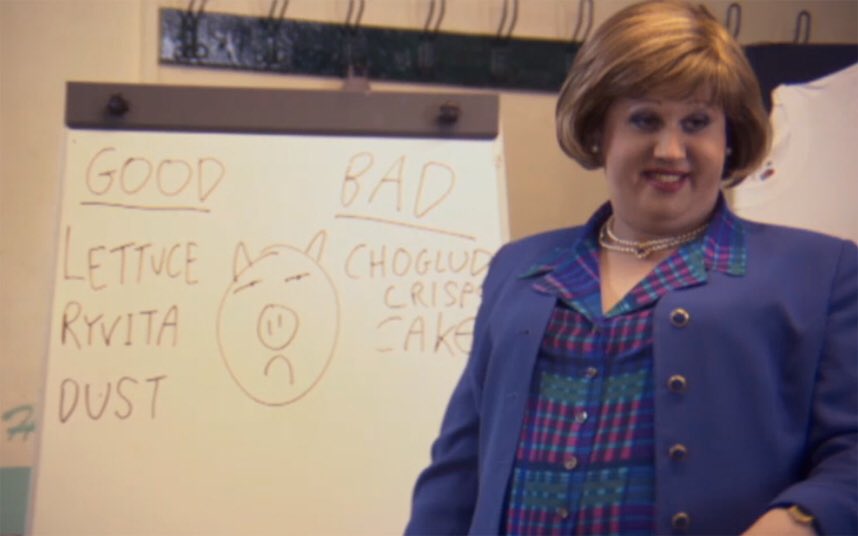
When I mention the word "diet", people are conditioned to think I'm referring to eating only lettuce and a bit of dust for a month. Our diet is made up of whatever we eat - whether that be ryvita (whatever that is) and dust, or chucklit and cake (Little Britain fans, you're welcomme!).
Obviously there are good diets and bad ones. Bad ones may not be limited to what you're thinking. A bad diet can be simply a "diet!" If you're following a strict diet plan, ask yourself whether it is something you can adhere to forever. What I mean is the best diet is one that is good for your body but is also sustainable.
About 90% of those who engage in strict, difficult diets for fat loss, rebound and add additional weight back on. They can't sustain the super low calorie deficit or complete lack of carbs, etc., and their body goes into fat storing hyperdrive as soon as they are off the diet.
You put the weight on slowly, over time, so now you're going to have to take it off slowly in order to maintain the loss.
Instead of going on a crash diet to try and quickly drop weight, you've got to change your relationship to food and understand what it's doing to your body. If you only eat for pleasure, we've got a problem. You'll surely gravitate towards hyper-palatable foods (highly processed food like fast foods and those from a box). Highly processed and palatable foods are designed to make you hungrier and eat more - usually really high in sodium and sugar content.
If you see food as nutrients, try to eat as many whole foods (one ingredient) as possible, and process your own food (cook as much as possible), you will change your lifestyle, create new habits, and maintain a healthy body for life!
There are of course exceptions with dieting, like Whole 30, where you are limiting intake of certain categories in order to determine food intolerances. Also intermittent fasting is a form of "dieting" that can be very beneficial. More on that later ;)
